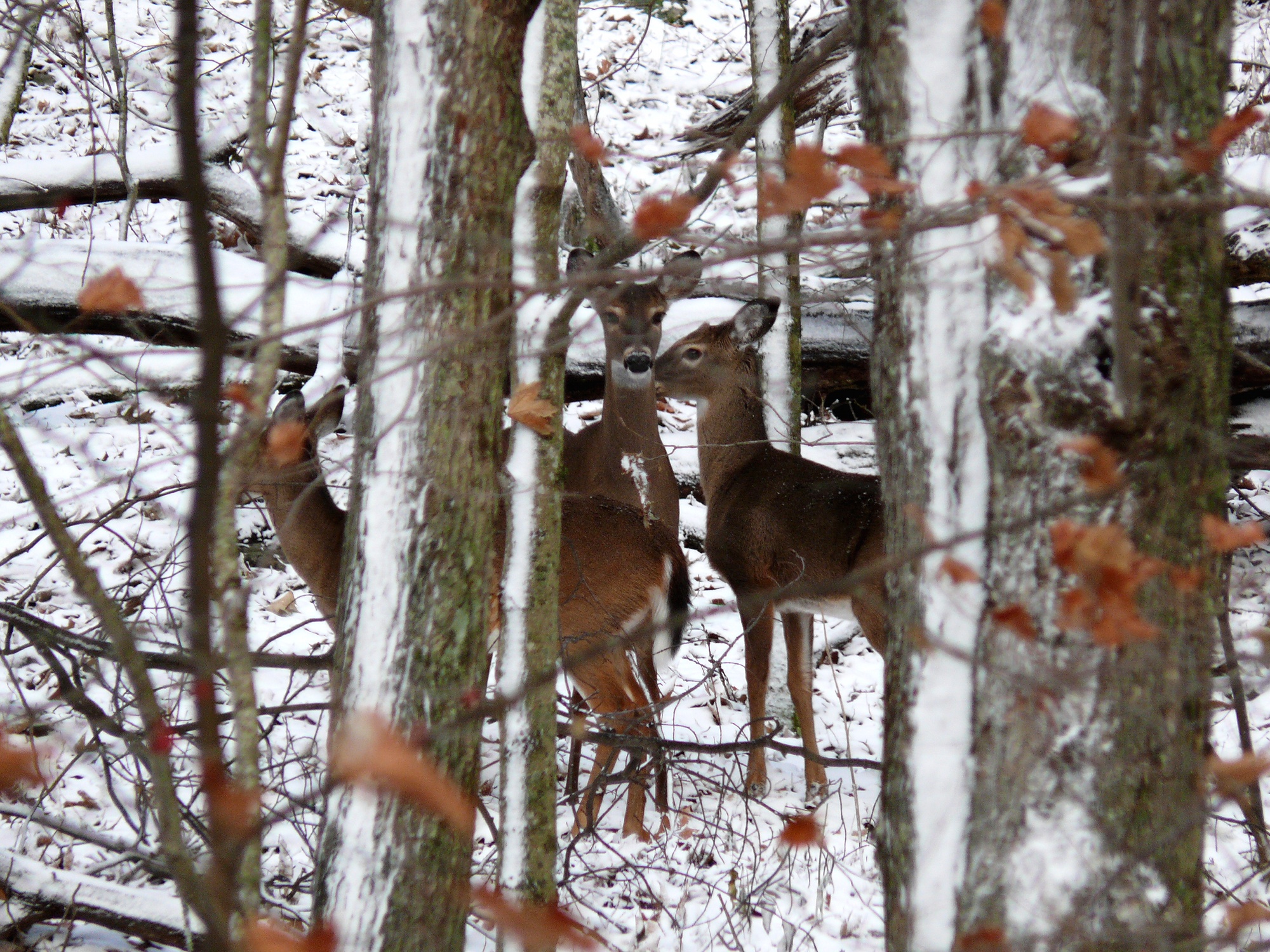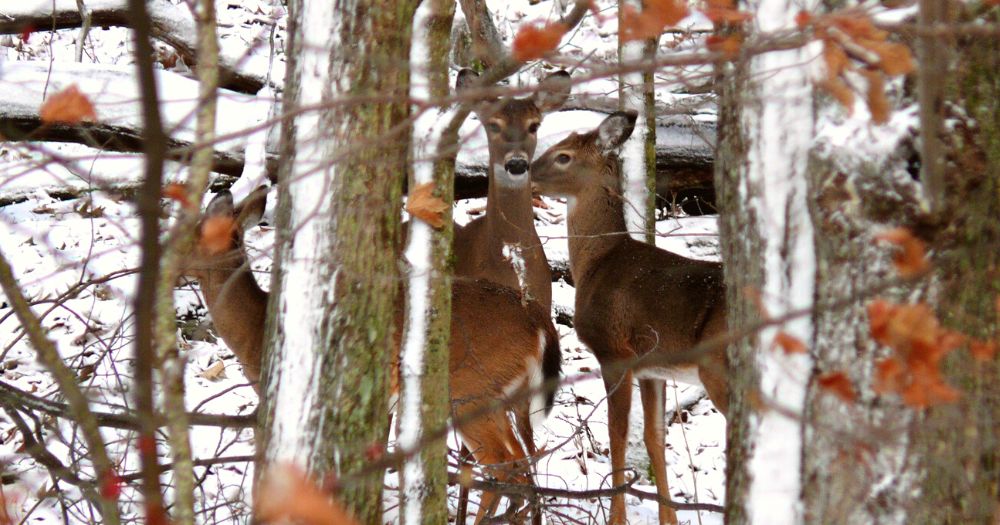Follow us on Telegram for the latest updates: https://t.me/mothershipsg
The Environment and Climate Change Canada (ECCC) announced on Dec. 1 that SARS-CoV-2, the virus behind Covid-19, was found in the samples of three free-ranging white-tailed deer.
This is the country's first record of Covid-19 cases in wildlife.
Three free-ranging White-tailed deer infected with Covid-19
 Image by Ken Thomas from Wikimedia Commons.
Image by Ken Thomas from Wikimedia Commons.
156 samples were collected between Nov. 6 and Nov. 8 from the Estrie region in Quebec, Canada, to investigate if the Covid-19 virus has spread to wild animals.
Covid-19 was detected in the samples of the three said deer.
ECCC reported that the deer were healthy and well, and asymptomatic. This means they showed no signs of symptoms of the disease.
According to CBC, experts do not know how the deer were infected yet, and will be investigating the source of transmission.
While there were no known reports of deer to human transmission, ECCC reiterated the importance of wearing face masks and practising good hand hygiene.
ECCC added that it has notified World Organisation for Animal Health on Dec. 1.
What's next?
This is the first record of Covid-19 infection in wild animals in Canada.
Covid-19 infection has been reported in domesticated or captive animals before. This includes a wide range of species, such as farmed mink, pet cats and dogs, and also zoo animals.
Covid-19 cases have also been detected in the wild white-tailed deer population in the United States, a recent study revealed.
The study found evidence of a spread of Covid-19 from humans to deer, leading to a viral transmission amongst deers, said ECCC.
A spokesperson from the ECCC wildlife health department told CBC that the department is due to receive close to another 2,700 samples from deer, and other cervids found across Canada to monitor the spread of the virus.
At the same time, ECCC will also collect samples from other potentially susceptible species, such as wild marten, weasels, otters, raccoons, and skunks, for further analysis.
CBC reported that the virus has not been found in any of these species out of the 900 samples analysed so far.
Related stories
Top image by Ken Thomas from Wikimedia Commons
If you like what you read, follow us on Facebook, Instagram, Twitter and Telegram to get the latest updates.

